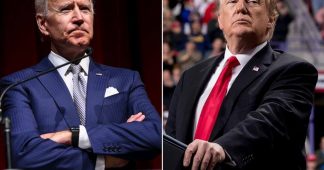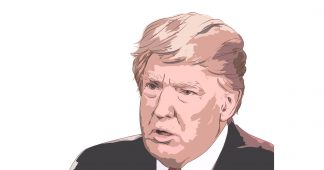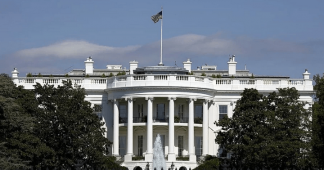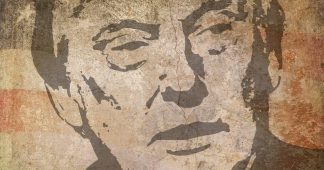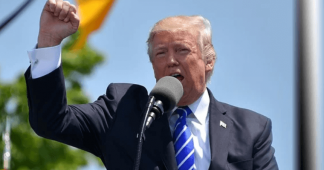January 4, 2021
The U.S. presidential election, and the time for questioning its results, are over, all 10 living former secretaries of defense wrote in a forceful op-ed published on Sunday.
“Our elections have occurred. Recounts and audits have been conducted. Appropriate challenges have been addressed by the courts. Governors have certified the results. And the electoral college has voted,” the 10 men from both Republican and Democratic administrations wrote.
“The time for questioning the results has passed; the time for the formal counting of the electoral college votes, as prescribed in the Constitution and statute, has arrived,” they said.
The bipartisan group of leaders published the letter in The Washington Post as President Trump continues to deny his election loss to President-elect Joe Biden. On Saturday, during a one-hour phone call, Trump even pressured Georgia Secretary of State Brad Raffensperger to “find” votes to overturn his defeat.
Former Secretaries of Defense Ashton Carter, Dick Cheney, William Cohen, Robert Gates, Chuck Hagel, Leon Panetta, William Perry and Donald Rumsfeld signed the opinion piece.
Two Pentagon heads who served under Trump — Jim Mattis and Mark Esper — also signed it. Trump removed Esper in November as part of a major shakeup at the Department of Defense.
The op-ed comes as some Republican lawmakers in Congress plan this week to formally object to the certification of the Nov. 3 presidential election results.
Since the vote, Trump and his attorneys have repeatedly asserted false claims of voter fraud and said, without evidence, that his loss to Biden was due to widespread irregularities. But his insistence that the election was stolen has led to some speculation he could somehow use the military to remain in office past Biden’s Jan. 20 inauguration.
The 10 signatories made it clear that any effort to involve U.S. armed forces in resolving election disputes would take the country “into dangerous, unlawful and unconstitutional territory.”
They wrote, “Civilian and military officials who direct or carry out such measures would be accountable, including potentially facing criminal penalties, for the grave consequences of their actions on our republic.”
Former Defense Secretary Perry, who served under President Bill Clinton, wrote on Twitter that the idea for the statement originated with Cheney, a Republican who served under President George W. Bush as vice president and President George H.W. Bush as secretary of defense.
The idea for this statement actually originated from Vice President Cheney.
Each of us swore an oath to support and defend the Constitution; that oath does not change according to party designation.https://t.co/NSsdLkZX9g
— William J. Perry (@SecDef19) January 4, 2021
“Each of us swore an oath to support and defend the Constitution against all enemies, foreign and domestic. We did not swear it to an individual or a party,” Perry tweeted, reiterating the op-ed’s lines.
In an interview on NPR’s Morning Edition, Cohen, who also served as secretary of defense under Clinton, told co-host Noel King he is comfortable characterizing Trump’s efforts to reverse the election as a coup.
“I am not troubled by the word ‘coup,’ ” Cohen said. “I think it means an extra-judicial, extra-legal action that opposes rule not by the people but by a select few.”
Cohen, who represented Maine as a Republican U.S. senator for almost 20 years, said he is concerned Trump is attempting to promote civil unrest as justification to deploy military forces in the streets.
“There are things taking place which pose, I think, a threat to our domestic tranquility and security, and that is the president encouraging some of the more right-wing extremists to march on Washington and to protest,” Cohen said. “And the indication is he’s urging them to – it’s going to be wild.”
At the op-ed’s conclusion, the former secretaries also appeared to address Biden’s claims that his transition team has faced roadblocks put up by the Trump White House in meeting Pentagon leaders ahead of his inauguration.
“Acting defense secretary Christopher C. Miller and his subordinates — political appointees, officers and civil servants — are each bound by oath, law and precedent to facilitate the entry into office of the incoming administration, and to do so wholeheartedly,” they wrote. “They must also refrain from any political actions that undermine the results of the election or hinder the success of the new team.”
NPR’s Mark Katkov contributed to this report.
Published atwww.npr.org
